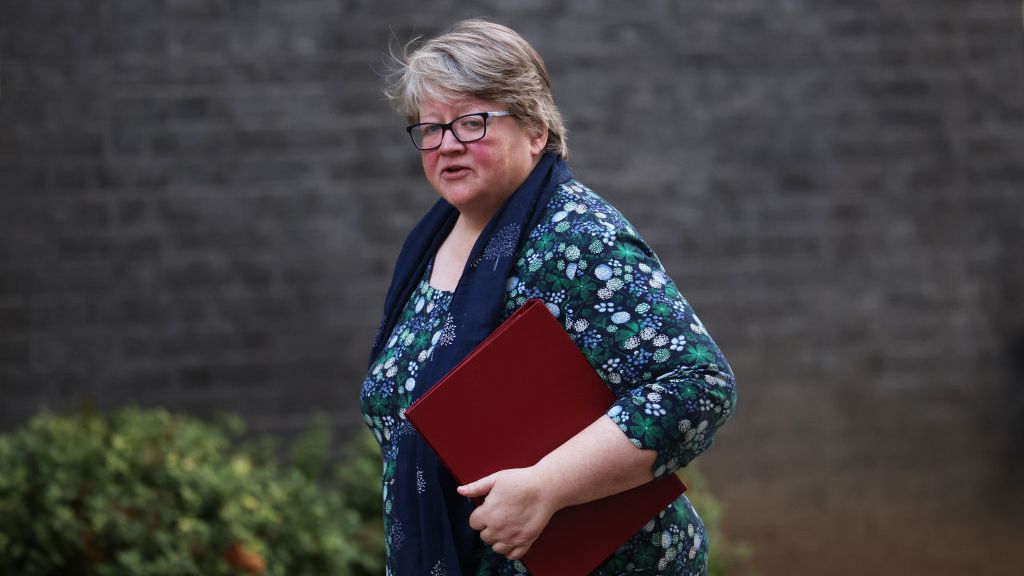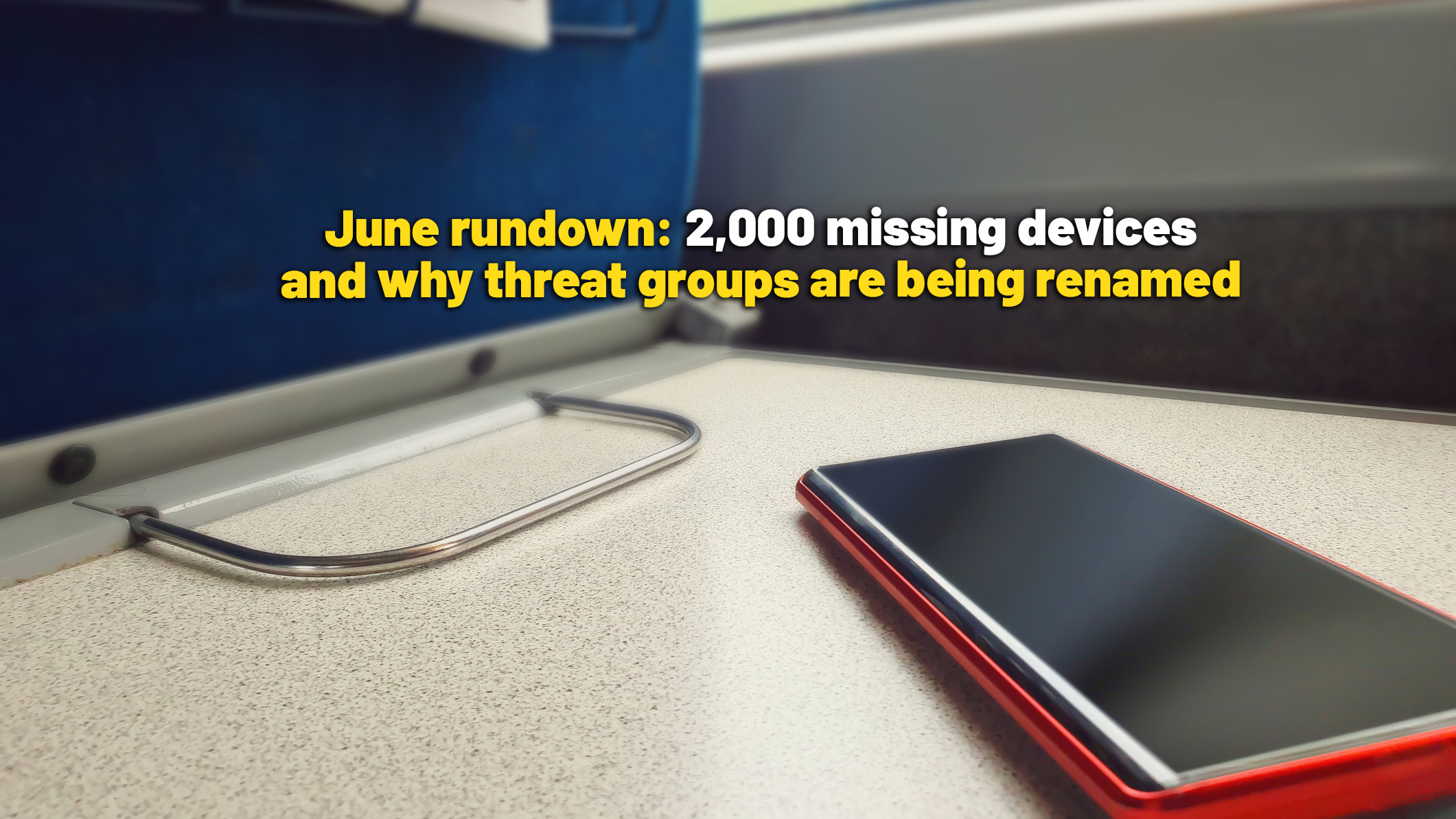Head of National Cyber Crime Unit laments IT skills gap
Andy Archibald admits lack of programmers could hamper cyber crime investigations.

Cyber crime law enforcers must forge closer ties with industry to plug an IT skills gap that has the potential to hamper their investigative powers.
That's according to Andy Archibald, head of the Government's National Cyber Crime Unit (NCU), who used his address at today's E-Crime Congress event in central London to highlight the need for skilled IT workers to help in the fight against cybercrime.
"The world and environment we're policing is changing and there is an absolute need to respond," said Archibald.
You can be in a room anywhere in the world, with access to malware and the ability to hack, and you can commit crime and fraud and make millions of pounds.
To emphasise this point he cited the different skills law enforcers must draw on today to tackle bank robberies that rely on technology to be carried out, rather than weapons and getaway cars.
"You can be in a room anywhere in the world, with access to malware and the ability to hack into and intrude into businesses in the financial sector, and you can commit crime and fraud and make millions of pounds," he added.
During his address, Archibald admitted the skills law enforcers need to successfully clamp down on cyber criminals are in short supply, though.
"We need still to retain the ability, skills, experience and knowledge about how to investigate and engage with the Criminal Justice system, but the skills we need to recover evidence and recover intelligence from the internet are high-end skills and technical skills that aren't in high abundance in law enforcement," he said.
Sign up today and you will receive a free copy of our Future Focus 2025 report - the leading guidance on AI, cybersecurity and other IT challenges as per 700+ senior executives
In particular, coders, programmers and people with skills in reverse engineering are highly valued by law enforcers, but it can be a challenge to attract and retain them, admitted Archibald.
"It's a tough marketplace...Not only does the public sector [and] law enforcement need these skills, but so does the private sector," he said.
"The private sector, traditionally, the salary packages have been more attractive, and I think that's a challenge for law enforcers.
"How do you begin to address that particular issue as we move forward so we can attract the best, retain the best and ensure we continue to develop and protect our environment?"
One way would be for law enforcers to engage more with the private sector to gain access to the skills they need, he said, which is something the NCU is already doing.
Forging close ties with businesses in the private sector will also make it easier to share knowledge about cyber attacks, he added, which in turn will make it easier for law enforcers to gauge the scale of threats.
"My ambition in the coming months and coming years is, when we begin an investigation and try to work out what's the best strategy, I don't want to just be sitting in a room with colleagues from law enforcement having that discussion," he said.
"I want to be in the room with people perhaps from intelligence services, perhaps from the private sector, from the banks and from the retail sector and from the ISPs and from a multi-national global institution who can advise us on how best to take on that investigation."
-
 ‘A huge national security risk’: Thousands of government laptops, tablets, and phones are missing and nowhere to be found
‘A huge national security risk’: Thousands of government laptops, tablets, and phones are missing and nowhere to be foundNews A freedom of information disclosure shows more than 2,000 government-issued phones, tablets, and laptops have been lost or stolen, prompting huge cybersecurity concerns.
-
 The UK cybersecurity sector is worth over £13 billion, but experts say there’s huge untapped potential if it can overcome these hurdles
The UK cybersecurity sector is worth over £13 billion, but experts say there’s huge untapped potential if it can overcome these hurdlesAnalysis A new report released by the DSIT revealed the UK’s cybersecurity sector generated £13.2 billion over the last year
-
 "Thinly spread": Questions raised over UK government’s latest cyber funding scheme
"Thinly spread": Questions raised over UK government’s latest cyber funding schemeThe funding will go towards bolstering cyber skills, though some industry experts have questioned the size of the price tag
-
 Threat of cyber attacks to national security compared to that of chemical weapons
Threat of cyber attacks to national security compared to that of chemical weaponsNews The UK government has raised the threat level posed by cyber attacks, deeming it greater on average than an event such as the Salisbury poisoning
-
 2022 Public Sector Identity Index Report
2022 Public Sector Identity Index ReportWhitepaper UK Report
-
 UK and Japan strike digital partnership to collaborate on IoT security, semiconductors
UK and Japan strike digital partnership to collaborate on IoT security, semiconductorsNews The two countries are also set to align their approaches to digital regulation to make it easier for companies to operate in each nation
-
 Defra's legacy software problem 'threatens' UK gov cyber security until 2030
Defra's legacy software problem 'threatens' UK gov cyber security until 2030News The department spends over two-thirds of its digital budget on maintaining the risky applications, with no plan in place for a fix within the decade
-
 Netherlands urges citizens to prepare survival kits in case hackers target critical infrastructure
Netherlands urges citizens to prepare survival kits in case hackers target critical infrastructureNews The latest campaign from the national coordinator for security echoes the growing concern in the UK government over serious cyber attacks

